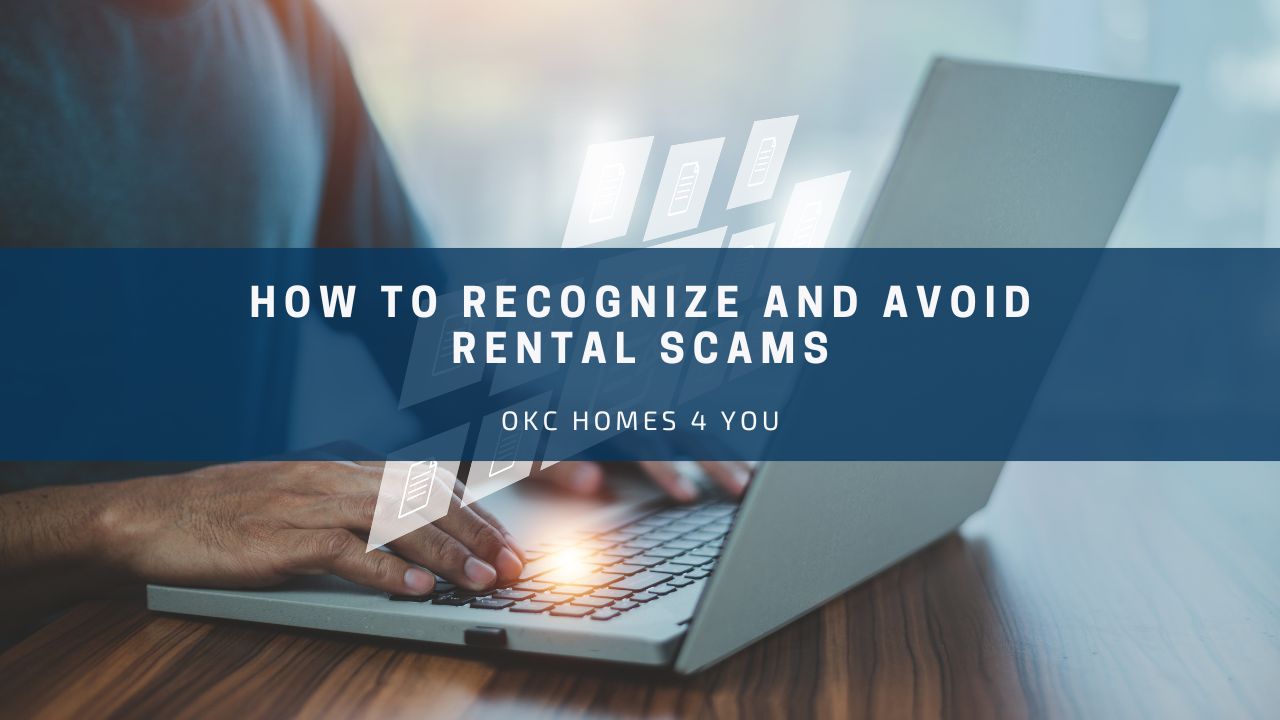Key Takeaways
- Scammers Often Mimic Real Listings to Trick Renters - One of the most common rental scams involves fraudsters stealing legitimate rental listings and reposting them with their own contact information. They pose as landlords, request upfront payments, and disappear once the money is sent. This tactic exploits the trust of renters and can damage the reputation of the actual property owner.
- Tenants Can Avoid Scams by Verifying Details and Staying Vigilant - Renters can protect themselves by visiting the property in person, verifying the landlord’s identity, speaking with current or former tenants, and researching listings for inconsistencies. Scammers often avoidance of face-to-face interactions, so being thorough and cautious is essential.
- Landlords Can Protect Their Listings Through Professional Property Management - To safeguard against fraud and maintain their reputation, landlords should consider hiring a professional property management company. These companies actively monitor listings, serve as trusted points of contact, and respond quickly if scams are discovered.
Thanks to the internet, landlords can now market their rentals to a much wider audience without breaking the bank. Online platforms make it easier than ever to connect with prospective tenants looking for homes in your area. However, this convenience comes with new risks.
As the digital world expands, so do the opportunities for scammers to take advantage of both landlords and renters. While marketing your rental online is efficient, it also opens the door to potential fraud. Protecting yourself starts with awareness and we at OKC Homes 4 You have put together a guide to help you stay informed!

How Online Rental Scams Happen
Online scams typically begin when a scammer steals your rental ad and reposts it elsewhere. They lift property images and details from your original listing and use them to pose as the legitimate Oklahoma City landlord. Once they have someone interested, they’ll start corresponding with the potential tenant, pretending to manage the property.
Their goal is to get money as quickly as possible. Often, they ask for an upfront deposit or a "reservation fee," claiming it's necessary to hold the unit. They pressure prospective tenants to send funds immediately, often using urgency as a tactic.
After the payment is sent, communication either drops off entirely or becomes sporadic. The hopeful renter starts to worry. Eventually, they realize they've been conned. Sadly, many don’t figure it out until they arrive at the property and discover the rental isn’t available, or that the person they paid isn’t the actual landlord.
These situations cause financial loss for renters and the blame is often wrongly directed at the legitimate property owner, damaging their reputation and creating mistrust among future prospects.
Many landlords are unaware their listings have been stolen and used for scams until complaints begin rolling in. By then, it may already be affecting your business. Fewer inquiries, poor online reviews, and increased vacancies are just a few of the consequences. Fortunately, there are ways for both landlords and tenants to protect themselves.

How Tenants Can Avoid Rental Scams
Tenants can take proactive steps to protect themselves:
- See the Property in Person - Potential renters should always arrange to visit the property in person. Touring the unit gives a person a clear sense of the condition, neighborhood, and whether the home matches the ad. Scammers often avoid in-person meetings, so insisting on a walkthrough can be a key way to detect fraud early.
- Verify the Landlord’s Identity - Before sharing any personal information or making a payment, renters should confirm that the person they're speaking with is the actual property owner or an authorized property manager. Legitimate landlords or managers will understand your caution and willingly provide verification.
- Talk to Current or Previous Tenants - Reaching out to people who’ve lived in the unit or currently reside in the building can offer valuable insights. If a scammer is involved, they’ll typically discourage or block access to current tenants, another red flag to be aware of.
- Research Thoroughly - A few extra minutes of research can save a person from losing thousands to a scam. They must start by checking the listing on multiple reputable platforms. If the same property is listed at very different prices or under different names, it could be a scam. Look up the property address, verify who owns it through local government or tax assessor websites, and search reviews.

Common Red Flags of a Scam
Being alert to the following warning signs can help everyone steer clear of scams:
- Unusually Low Rent - If the rent is far below market value, it may be a scam designed to grab attention quickly. As a landlord, make sure you’re conducting price analysis. This will ensure you’re charging fair and accurate prices that draw in tenants.
- Unavailable Landlord or Agent - If the landlord refuses to meet or show the unit in person this can be a red flag. Landlords must ensure that they’re responding to tenant inquires in a timely manner.
- Excessive Personal Information Requests - Landlords should avoid asking for sensitive data early on. If you need to run a tenant screening make sure to follow landlord-tenant laws and get the tenants permission to run a background check. Transparency, open communication, and privacy protection is key to building trust.
How Landlords Can Protect Their Property
To keep your real estate investment and reputation safe, many landlords turn to professional property management companies. These firms not only handle day-to-day operations like screening tenants, collecting rent, and maintaining the property, but they also help shield your business from fraud.
A reputable property manager will monitor listings to ensure your ads aren't being copied or misused. With their experience and resources, property management companies can act quickly if a scam arises, minimizing damage and maintaining your credibility.
Bottom Line
Online rental scams can cause real damage, not just to renters, but to your bottom line. Lost income, delayed leasing, and reputational harm can all result from a single fraudulent listing. Taking steps to monitor your listings and educate your tenants is critical.
Many investors opt to work with experienced property management companies that have systems in place to detect and prevent scams. Their expertise saves you time and protects your investment. If you’re looking for a reliable property management company, contact OKC Homes 4 You to protect your rental investment!





